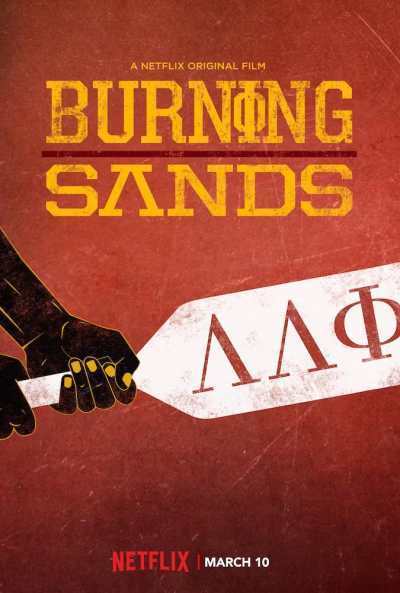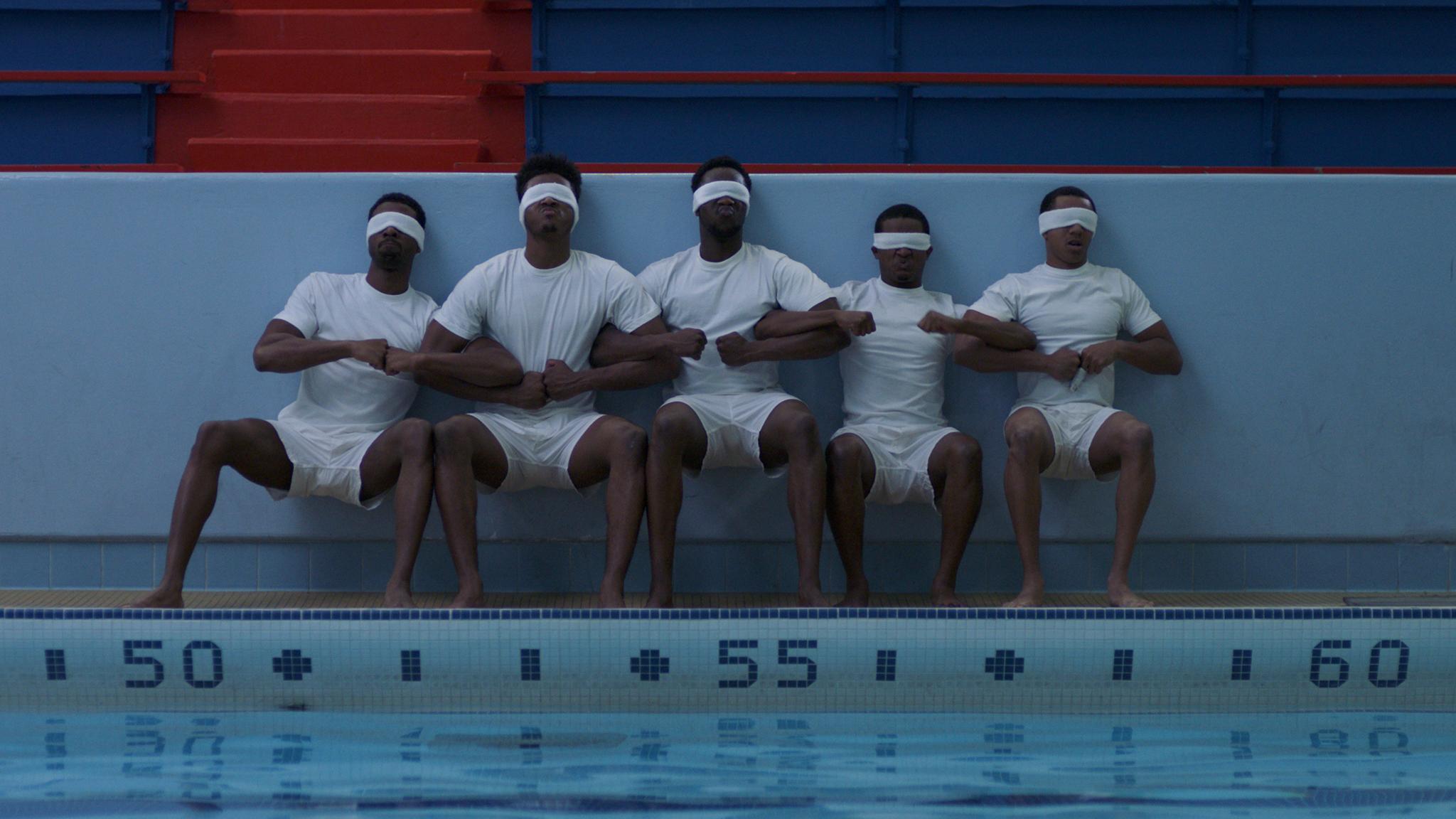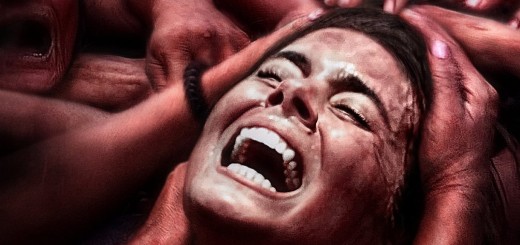BURNING SANDS Review

Director: Gerard McCurray
Genre: Drama
Year: 2017
We have all experienced the desire to be accepted and wanted, even if it means having to prove ourselves. We’ve all heard of hazing issues, but many have no idea to what extent the issues reach between historically black schools and greek life. I know I didn’t until watching BURNING SANDS, a film in which director Gerard McCurray delivers a daring portrayal of the dark realities of hazing in black fraternities. Based on true events, BURNING SANDS is a touching tale about the effects of pledging a historically black fraternity when hazing goes underground. This Sundance indie, now released as a Netflix original, proves to be touching and well made despite a low budget.
Protagonist Zurich pledges Lamda Lamda Phi, struggles but sticks to it, and ends up in a dire situation. Trevor Jackson delivers an amazing performance portraying the struggle of balancing the desire to be an honorable student, boyfriend, and pledge. Boasting an all-star cast made up of Trevante Rhodes and Alfre Woodard, much can be expected of BURNING SANDS, but sadly the supporting roles aren’t taken full advantage of. It’s impressive that they agreed to sign onto such a low budget film with a controversial topic and a first time director, but it shows that they support the story and nothing more. Imani Hakim, also a fairly well known actress, gives a confident performance of considerable character, with stellar social commentary regarding how fraternities treat women and how the women let it happen. If it isn’t clear yet, there’s quite a bit to unpack in this gutsy, violent, and emotional drama.

Imani Hakim faking it
This 2017 drama focuses on the issues of hazing without romanticizing the concept of brotherhood. Without reservation, it displays the measure of brutal torture that some fraternities resort to. The film surely exaggerates some of the hazing practices to prove its point .but not to the extent that it’s 90 minutes of sheer torture-porn. These exaggerations include branding, beating, and force drinking. The film furthers its viewpoints on this topic through narration over certain brutal scenes. One that stuck with me was when the narrator says, “Find out what just any people will quietly submit to and you have found out the exact measure of injustice and wrong which will be imposed upon them, and these will continue until they’re resistant” over a violent scene of the men being spanked with a paddle one by one. Another hard-hitting quote over a similar instance was, “humiliation builds humility.” These organizations are known to beat people down to their lowest being through fear and humiliation in order to gain control over them and build them as brothers. The issue is when these beatings become literal.
Some may criticize BURNING SANDS for scrutinizing black fraternities, but from an outsider’s perspective, I see it as less of a film meant to offend, and more of a film meant to raise awareness. McCurray reveals true stories of extreme incidences as an opportunity for similar organizations to reflect on their own values and make sure they are doing better than those in this film and those whom the film is based on. In no way does this 2017 drama say that this is what all fraternities are like. The fact that McCurray himself was in a black fraternity means he understands the benefits of brotherhood and the fact that not every fraternity has these issues. Believe me, I would be offended if someone made a film based on a rare case that generalized my fraternity too, but I urge viewers to not pass judgement until seeing the film. McCurray expects more than this from fraternities, black and otherwise, encouraging them to be more noble.

Not all too different from Navy Seal training
As I mentioned earlier, there is more to this film than brutal torture. There is love, struggle, and desire. As protagonist Trevor Jackson fights for the acceptance of a fraternity full of men who treat him terribly, he pushes away people who genuinely care about him. His girlfriend and dad reach out to him in concern and love, but he puts the fraternity above them. This is a realistic issue that happens in many fraternities, and this plot point is another chance for viewers to reflect on their own actions. The treatment of women and the commentary on girls who sleep around in a fraternity also becomes a central point of focus. Imani Hakim portrays a female character who is treated with zero respect other than the praise she receives for sleeping with all of the brothers. When asked why she let them treat her that way, she insists, “I don’t do anything I don’t want to.” The film also tackles the difficult balance placed on the active brothers: the struggle between carrying on traditions, wanting the pledges to earn their place, and caring about them.
BURNING SANDS is unbelievably good considering it was shot in a measly 18 days on what little money they had. When compared to GOAT, I can confidently say that I think much more highly of BURNING SANDS. For what it’s worth, the black representation in McCurray’s film alone is worth the price of admission (the price being the time it takes to boot up your Netflix, of course). Providing great awareness, BURNING SANDS successfully portrays its message that such fraternities must step up, for this torture cannot happen again.
Verdict: Recommend



